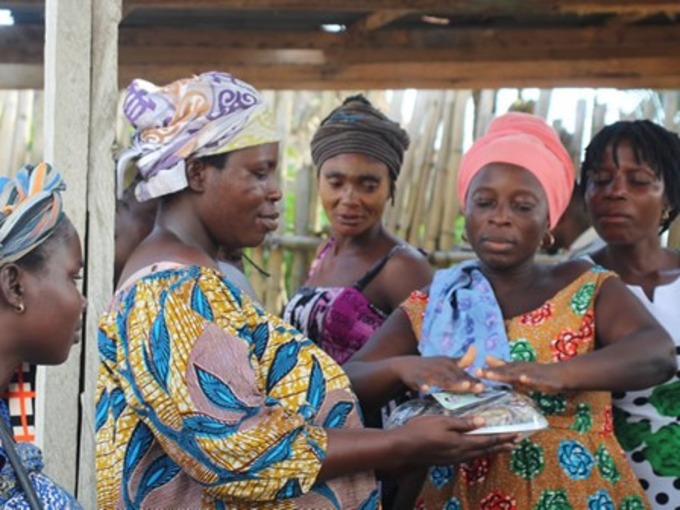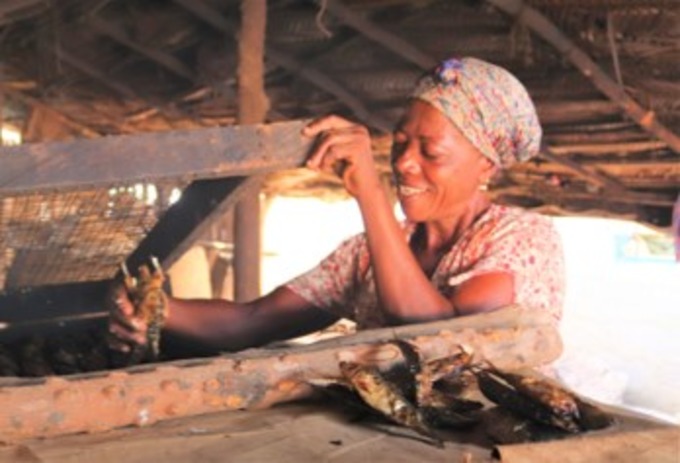
Women form the backbone of Ghana’s small-scale fisheries, yet over 1.2 million of them (especially around 750,000 are without fisheries assets or social capital) face persistent barriers that keep them in poverty. They work in unsafe conditions, earn incomes that often fall below the national minimum wage, and remain excluded from the decisions that shape their livelihoods. Helpers and carriers, who make up a large share of this workforce, are particularly vulnerable, with limited access to financial services, subsidies, decision-making, or leadership opportunities. Despite their important roles in sustaining the fisheries value chain, institutional neglect and outdated practices have left these women invisible in policy and program design.

With support from the Co-Impact Gender Fund, CERATH Development Organization (CDO) has developed a seven-year strategy to contribute to the transformation of the post-harvest fisheries system into one that works for women. The initiative envisions women earning fair wages, working in safer environments with improved technologies, accessing diversified/alternative livelihoods, and gaining real voices in fisheries governance. At its core, the strategy links improvements at the very people level through suitable contextual reform of the broader fisheries management system.

The goal is for gender-responsive policies, strengthened feedback mechanisms, and dedicated budget allocations to fisheries post-harvest management. Through this pathway, the initiative not only addresses long-standing inequities but also lays the foundation for a resilient, inclusive, and sustainable fisheries sector.



